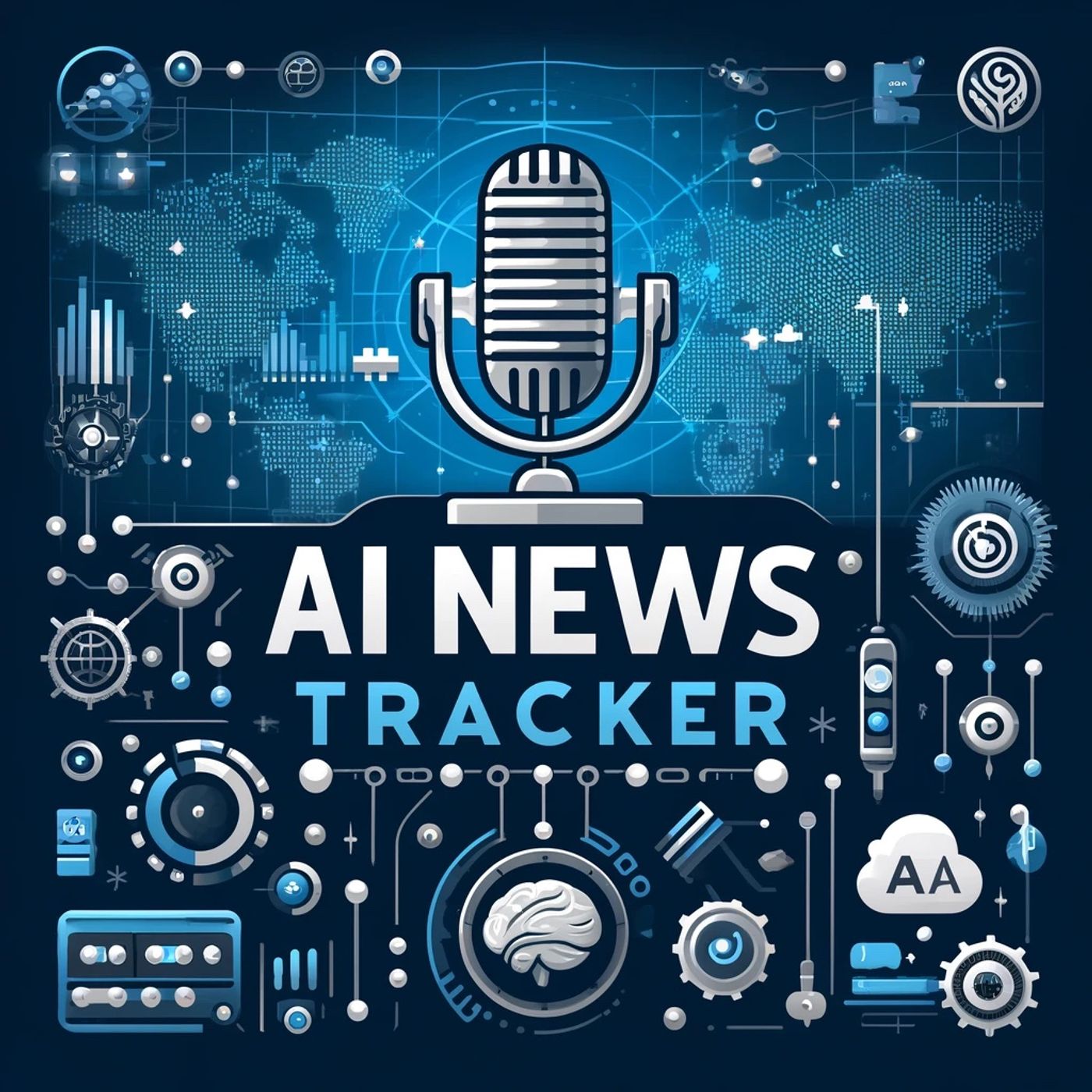Listen "The AI Transformation Accelerating Healthcare, Biopharma, and Wellness"
Episode Synopsis
The current state of the AI industry is marked by significant advancements and shifts in various sectors. Recent reports highlight AI's growing impact across healthcare, biopharma, and wellness, with AI adoption accelerating to enhance efficiency, improve patient outcomes, and drive financial ROI[1].In the healthcare sector, AI is being used to automate administrative workflows, reducing costs by 25-30% and freeing up resources for patient care. Predictive AI models are improving patient activation, cutting costs by 30% while increasing health plan revenues by 7%. Personalized digital interventions are lowering hospital stays by 25% and reducing nursing facility discharges by 91%[1].The biopharma industry is leveraging AI to accelerate drug development and adherence. Precise and predictive patient recruitment is improving trial enrollment by 80%, reducing approval timelines by up to two years. AI-driven adherence solutions are improving medication compliance by 67%, addressing $290 billion in annual losses[1].The wellness industry is using AI to drive personalization and engagement. Personalized member experiences are boosting engagement by 20% and reducing churn by 35%. Precision-targeted marketing is improving member acquisition, reducing cost-per-lead by up to 60%. Utilizing AI for hyper-personalization is delivering 8x ROI in marketing, lifting sales by 10%[1].On the investment front, global AI private investment saw a decline in 2022, with $91.9 billion invested, representing a 26.7% decrease since 2021. However, the United States continues to lead in AI private investment, with $47.4 billion invested in 2022, roughly 3.5 times more than China[2].Recent developments include the launch of the Stargate Project, a private sector collaboration between OpenAI, SoftBank, and other tech giants, aiming to pour over $500 billion into data centers over the next four years[3]. This initiative signals a strategic pivot in the US approach to AI development, prioritizing speed and competitive advantage, particularly vis-à-vis China.Consumer behavior is also shifting, with 99% of life sciences leaders expecting AI to drive revenue management value in 2025. The use of generative AI and automation is becoming more prevalent in pharmaceutical, medtech, and high-tech revenue programs[5].In comparison to previous reporting, the AI industry continues to evolve rapidly. The 2024 AI Index Report noted a decline in overall AI private investment but a surge in funding for generative AI, reaching $25.2 billion[4]. The current landscape indicates a continued focus on AI adoption, with 55% of organizations now using AI in at least one business unit or function, up from 50% in 2022 and 20% in 2017[4].In conclusion, the AI industry is experiencing significant growth and transformation across various sectors. Recent market movements, deals, and partnerships are driving advancements in healthcare, biopharma, and wellness. Emerging competitors and new product launches are further shaping the industry. Regulatory changes and market disruptions are also influencing the landscape. Industry leaders are responding to current challenges by leveraging AI to drive efficiency, improve outcomes, and enhance revenue management.This content was created in partnership and with the help of Artificial Intelligence AI
More episodes of the podcast AI News Tracker
AI Boom Fuels Unprecedented Infrastructure Investments and Regulatory Shifts in the Industry
13/11/2025
The AI Industry's Critical Transition: Landmark Deals, Surging Valuations, and Enterprise Adoption
07/11/2025
Navigating the Shifting AI Landscape: Resilience, Partnerships, and the Pursuit of Practical Gains
06/11/2025
The AI Industry Enters a New Era: Record Deals, Soaring Valuations, and Infrastructure Expansion
04/11/2025
The AI Industry's Shifting Landscape: Mega-Deals, Global Partnerships, and Hardware Innovations
03/11/2025
 ZARZA We are Zarza, the prestigious firm behind major projects in information technology.
ZARZA We are Zarza, the prestigious firm behind major projects in information technology.
